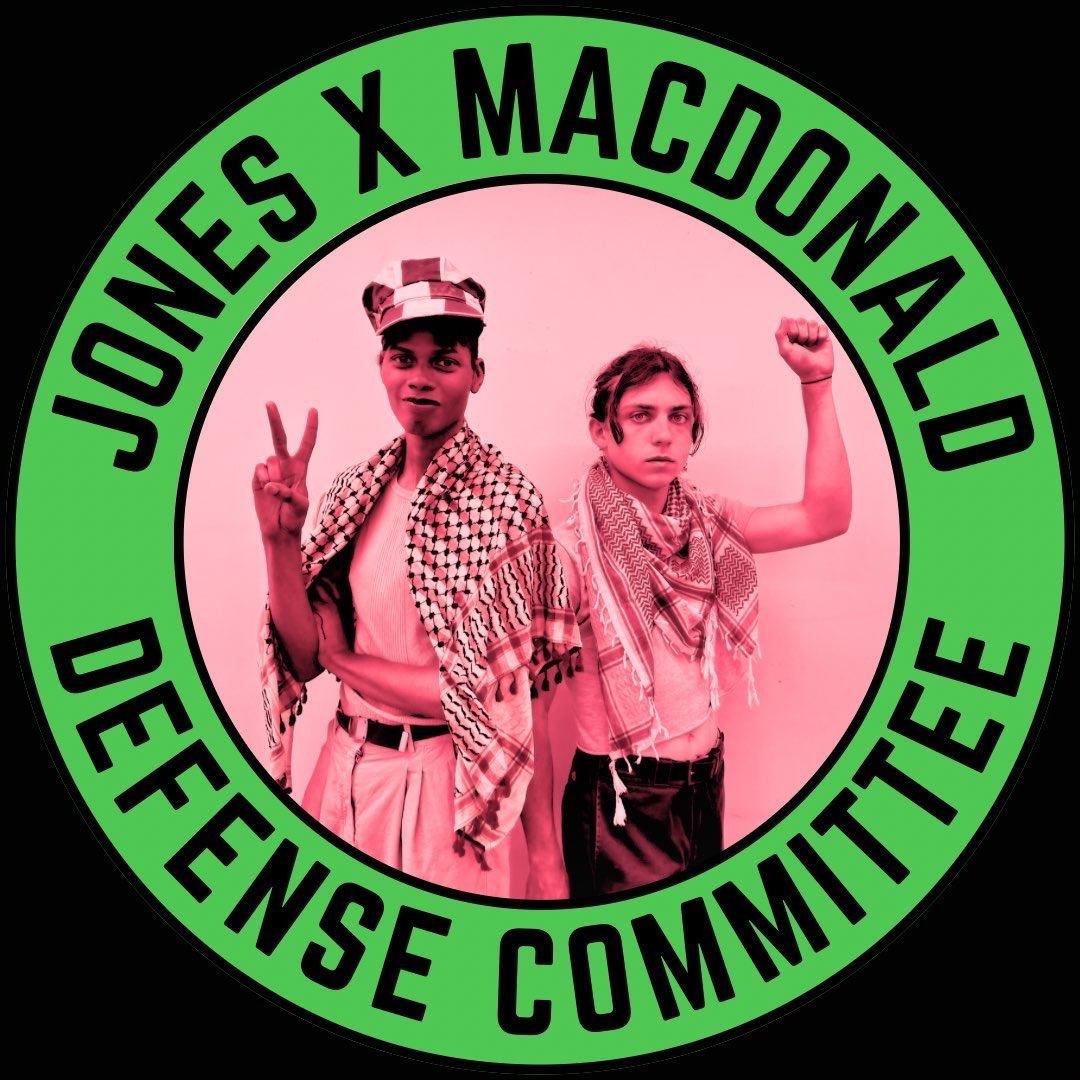The last 10 years of my diabetic grandmother’s life made a very strong impression on me. Her kidneys failed, and she had to take dialysis treatments twice a week. Gradually, she lost toes, went blind, suffered strokes, had a heart attack and became senile and incontinent.
One of her sisters also had diabetes. I knew the disease ran in the family, and that scared me. I vowed that if there was anything I could do to avoid that fate, I would do it.
In 1975, when William Dufty first published the health food classic “The Sugar Blues,” the medical profession was still vehemently denying that eating sugar had any relationship to diabetes. When I discovered the book right after college, it quickly convinced me that there was a causal relationship between sugar consumption and diabetes, so I cut all cane sugar products out of my diet. Trying to exclude sugar in all its myriad forms made me keenly aware of how adulterated most of our food is. For instance, Morton’s salt contains sugar (dextrose).
A few years later in graduate school, I came across another book called “Sweetness and Power.” The author Sidney Mintz provided a detailed history of the increase in European sugar consumption and linked the product with the rise of the plantation system required to produce it on a large scale. I concluded that sugar is the crystallized blood, sweat and tears of my African ancestors who were brought to the Americas as slaves.
Resisting sugar became a spiritual and political commitment for me as well as a health issue. Whenever I see cane sugar in the ingredients of food, I know I am dealing with an agricultural business that, as far as I am concerned, is the descendant of plantation slavery.
My maternal grandfather outlived his long-suffering wife by more than 10 years, but he, too, succumbed to diabetes. In between their deaths, the legacy of the plantation system took even scarier form in legal precedents that allow corporations to patent and own life forms. One such property is a kind of corn that is resistant to Roundup, a pesticide. This species of corn was developed so that agricultural business farms can spray more Roundup on the fields without destroying the corn they are trying to grow.
Never mind that the crop-damaging insects are already becoming immune to Roundup.
Never mind that genetically-engineered corn has already been shown to poison pollinators such as bees and butterflies.
Never mind that we don’t really know what effects genetically-engineered foods have on the human body.
Like the sugar barons who controlled the rotten boroughs of 18th- and 19th-century England, agricultural business corporations have bought votes in the legislature through campaign contributions and have railroaded our government into upholding their will to profit from poisoning the planet.
My maternal grandparents began their married life as sharecroppers but were able to buy a farm in the early 1940s. Unfortunately, it will be harder for today’s small farmers to maintain their independence, as patented life forms are now a feature in a new sharecropping system.
For instance, some patented seeds require farmers to sign a licensing agreement, saying that they cannot save or share the seeds that they have bought. Small farmers have been sued for $50,000 or more for “infringing” on such agreements. Most don’t have the resources to fight these cases in court. This system is a latter-day version of the debt peonage sharecroppers experienced. The only place they could buy seeds and supplies to make a crop was from the store controlled by the landlord. At the end of the season, regardless of what kind of crop they made, they always had a bill at the store that exceeded the cash value of their harvest.
I thought I was fighting this legacy by shopping in health food stores and buying organic, but since my mother was diagnosed with diabetes about five years ago, “health food” has become just another sector of agricultural business. Ten years ago, when you went to a health food grocery store, you could find all kinds of cookies, candies and breakfast foods made with alternative sweeteners like brown rice syrup.
These days when I walk down the cookie and cereal aisles in Whole Foods or Eve’s Market, the packages all proclaim they are “low fat” or “low carb,” but inevitably “evaporated cane juice” ranks high on the list of ingredients. It reminds me that Norbet Rillieux, who invented the vacuum pan process for crystallizing cane juice, was a descendant of slaves. I don’t care if it is organic. “Evaporated cane juice” equals sugar, which equals more than 500 years of human misery.
I don’t buy it.












